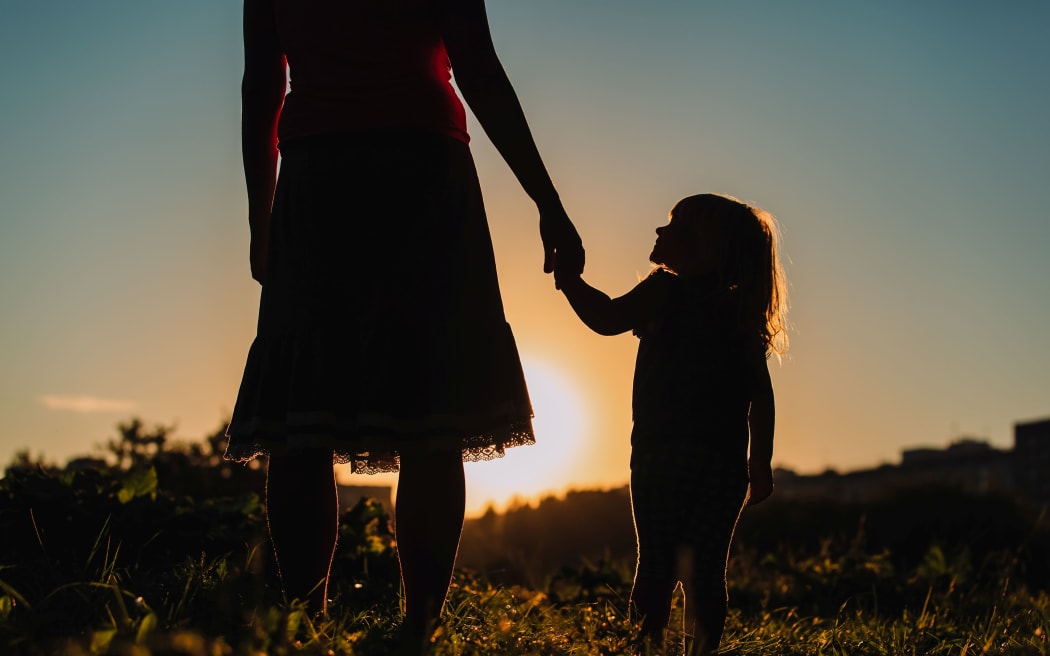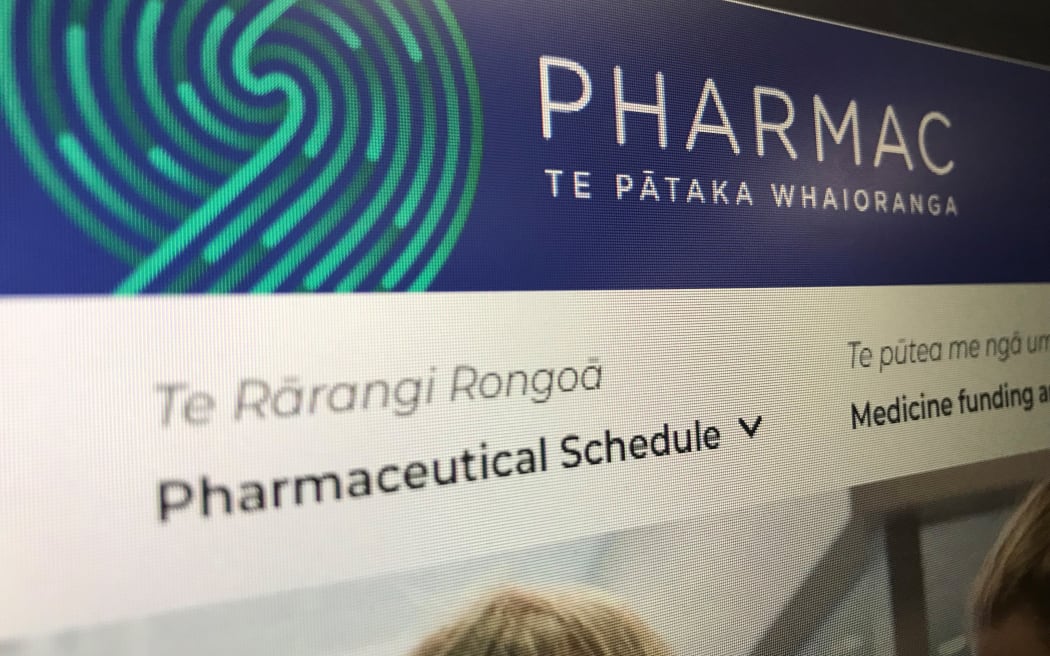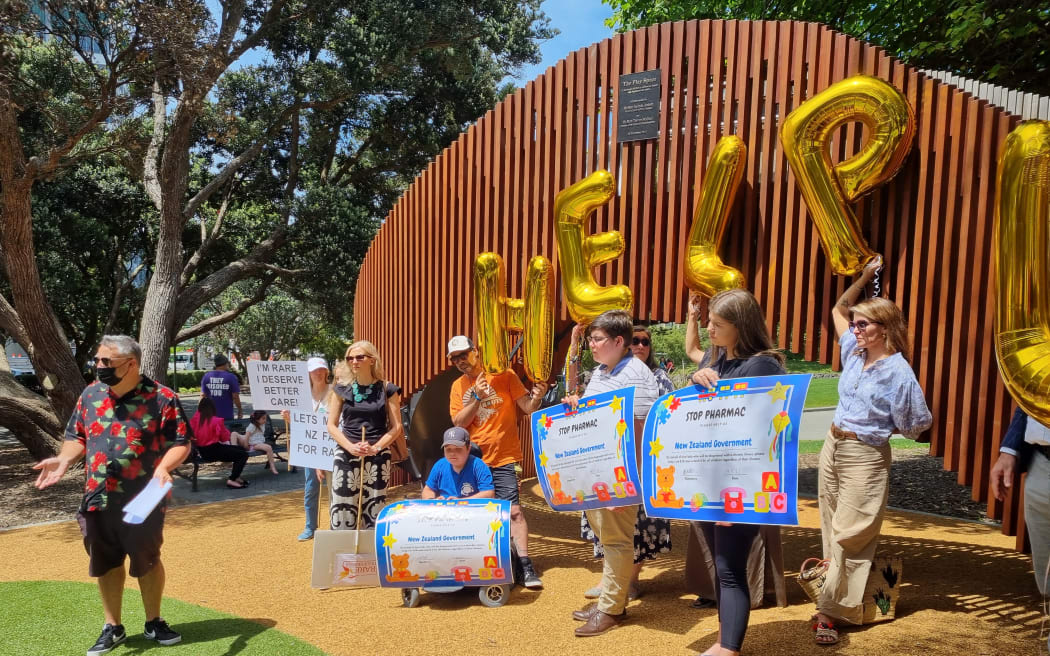
File photo. Photo: 123rf.com
Pharmac's decision to retain blanket funding for treatment of children with cancer will be life-saving for some, say advocates and doctors.
The announcement on Friday, following extensive consultation, to leave a special long-standing arrangement in place has brought relief to many families and clinicians.
However, others were disappointed the drug-funding agency declined to extend Rule 8.1b to cover all children with life-threatening or chronic diseases.
Dr Kerri Morgan, whose nine-year-old son had cancer as a baby, said scrapping the arrangement would have forced some families to travel overseas for treatment, because there were no private options for children in New Zealand who needed chemotherapy.
"Those families are going to be able to concentrate on looking after their child and being a parent and not having to fundraise or mortgage their house. So yes, we're very relieved."
About 150 children are diagnosed with cancer each year, and up to 15 access medicines using Rule 8.1b.
Rule 8.1b meant every child with cancer received the same access to life-saving medicines, said Dr Morgan, a Child Cancer Foundation board member.
At the time her son was diagnosed with an extremely rare cancer, there were only two treatments available.
There were now at least 20 drugs used internationally, she said.
"With having 8.1 b, if his cancer came back, we would have that option to explore. Hopefully we never have to worry about that, but it just takes away that stress."

Pharmac's Rule 8.1b meant every child with cancer received the same access to life-saving medicines. (file image) Photo:
The specialist who treated her son, Starship Hospital paediatric oncologist Dr Andy Wood, said Rule 8.1b was "a practical, equitable and efficient mechanism" and essential to the survival of a small number of patients.
"We're particularly grateful to whānau who had the courage to share their stories as a way to care for future children and whānau who will be afflicted by these dreadful diseases."
Child Cancer Foundation chief executive Monica Briggs said most cancer drug treatments were designed for adults, not children - and the rule allowed clinicians the flexibility to find the best treatments.
"This is a sensible policy outcome. Elimination of the rule would have detrimentally impacted New Zealand's childhood cancer model of care and disproportionately affected Māori and Pacific tamariki and those children from lower income backgrounds," she said.
Pharmac started its review of funding for paediatric cancer medicines in 2019 - but this only came to public attention after a complaint to the Human Rights Tribunal that it discriminated against children who did not have cancer.
Fiona Tolich, who had been campaigning for children with the deadly disease SMA (spinal muscular atrophy) to have access to life-saving treatment - the Spinraza drug - laid that complaint in 2020.
The director of the human rights proceedings declined to take the case, warning her Pharmac could choose to "level the playing field" by stopping access to child cancer drugs.

Patient Voices Aotearoa at Parliament presenting a petition calling on Pharmac to "fund lifesaving medicines for all New Zealand children" in December, 2022. Photo: RNZ / Krystal Gibbens
Rare Disorders New Zealand chief executive Chris Higgins said that would have been devastating.
"Some of us were worried it could have gone in a different direction if that particular provision had been repealed. So that hasn't happened, we're back at the status quo, which is a good thing."
However, Higgins was disappointed Pharmac had not gone a step further, as Fiona Tolich had advocated.
In December 2022, Patient Voices Aotearoa presented a petition to Parliament calling on Pharmac to "fund lifesaving medicines for all New Zealand children".
"We would like that rule extended to cover whatever children need those dugs to survive and live a good life," Higgins said.
In response to questions from RNZ, Pharmac's director of strategy and policy Michael Johnson said the decision not to extend Rule 8.1b to other conditions would be "concerning" to some.
However, Rule 8.1b was specifically designed for the treatment of paediatric cancers - which usually lasted up to two years - and that was the focus of Pharmac's review, he said.
"As such it supports best practice such as timeliness of access to medicines and access to clinical trials. It's not a case of 'lift and shift' of Rule 8.1b to other groups, as what constitutes best practice for those groups may be different.
"Many other medical conditions require lifelong ongoing treatment and a complex approach to care, including access to medicines."





